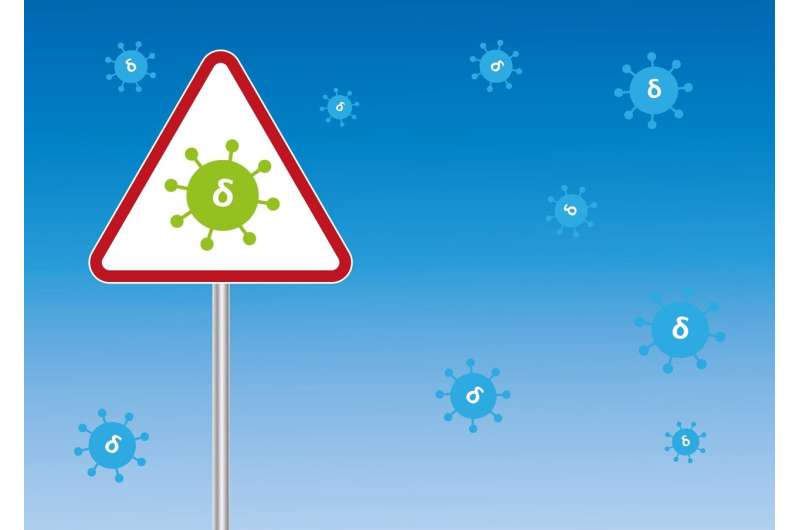
Experts said Monday that an alleged hybrid coronavirus mutation dubbed “Deltacron” reportedly discovered in a Cyprus lab is most likely the result of a lab contamination, and not a new worrying variant.
Cypriot media reported the discovery Saturday, describing it as having “the genetic background of the Delta variant along with some of the mutations of Omicron”.
While it is possible for coronaviruses to genetically combine, it is rare, and scientists analysing the discovery of so-called “Deltacron” say it is unlikely.
“The Cypriot ‘Deltacron’ sequences reported by several large media outlets look to be quite clearly contamination,” Tom Peacock, a virologist with the infectious diseases department at Imperial College London, tweeted over the weekend.
Jeffrey Barrett, the head of the COVID-19 Genomics Initiative at Britain’s Wellcome Sanger Institute, said the alleged mutations are located on a part of the genome that is vulnerable to error in certain sequencing procedures.
“This is almost certainly not a biological recombinant of the Delta and Omicron lineages,” he said Monday.
Scientists are eager to battle a deluge of disinformation about COVID-19, much of it circulating online.
Last week, unverified reports emerged of a “flurona” or “flurone” virus circulating—a combination of the flu and the coronavirus—which the World Health Organization (WHO) dismissed Monday.
“Let’s not use words like Deltacron, flurona or flurone. Please,” tweeted Maria van Kerkhove, an infectious disease epidemiologist at the WHO.
“These words imply combination of viruses/variants and this is not happening,” she said.
While people can suffer from influenza and coronavirus at the same time, the two viruses cannot combine.
In contrast to new variants of COVID-19 such as Omicron, which greatly impact the course of the pandemic, cases of simultaneous infection of the flu and coronavirus are nothing new.
Source: Read Full Article





